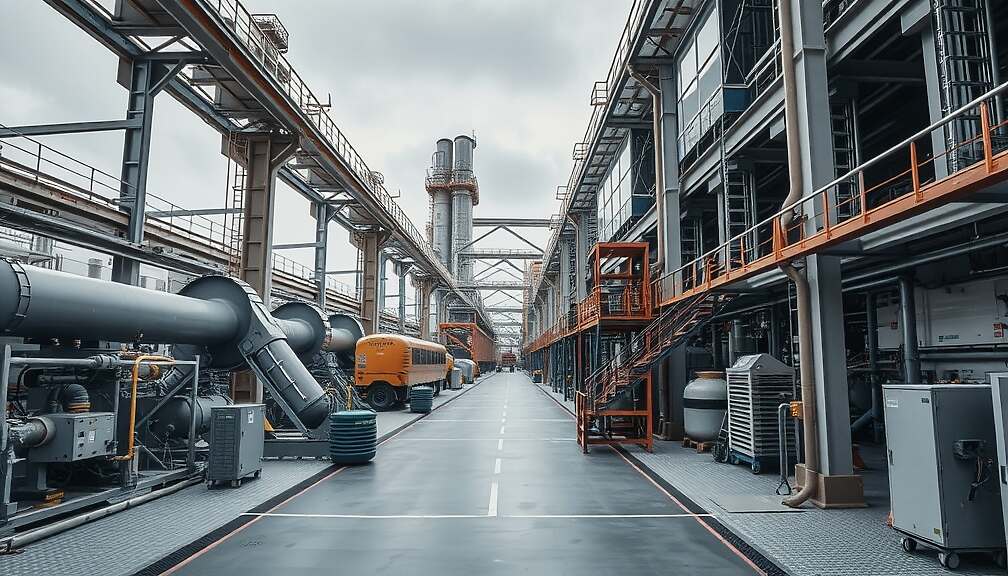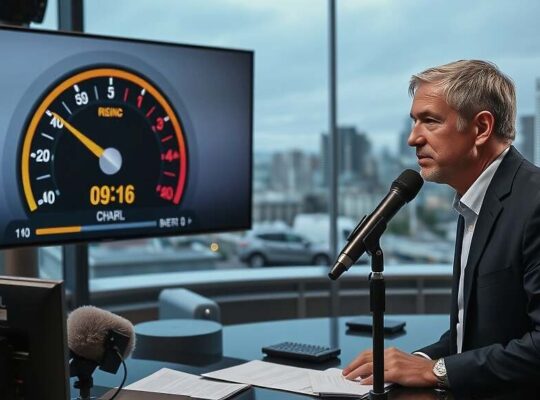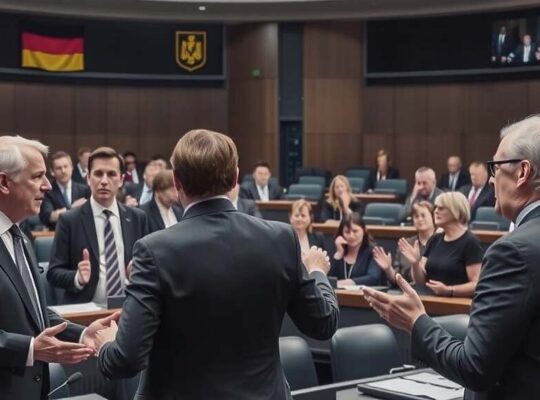The German Federal Ministry for Digital and Transport is committing an additional €157 million to bolster the German Aerospace Center’s (DLR) efforts in developing climate-friendly fuels. This significant investment secures the operational phase of the Power-to-Liquid (PtL) fuels technology platform in Leuna until 2035, moving beyond initial development and into a crucial testing and refinement period.
Federal Minister for Digital and Transport, Patrick Schnieder (CDU), framed the funding as a pivotal step towards realizing Germany’s ambitions for electricity-based, climate-neutral fuels. The Leuna facility, he asserts, is slated to become the world’s first fully integrated research facility to test these fuels across the entire production chain and at a semi-industrial scale. Schnieder suggests the platform bridges the critical gap between laboratory research and practical application.
While proponents herald this as a triumph for German innovation and a concrete contribution to decarbonizing the transport sector, the rapid escalation of funding- initially €5.48 million for planning in 2023, followed by €130 million for construction and now an additional €157 million for operation- raises questions about the strategic oversight of such large-scale projects. Critics argue that the accelerating investment without comprehensive lifecycle cost analysis risks inflating expenses and diverting resources from potentially more scalable or economically viable solutions.
The selection of DLR through a competitive process in 2023 was welcomed, but concerns remain about the long-term viability of PtL technology at a commercially competitive price point. The high energy demands and current production costs associated with converting electricity to liquid fuels pose a formidable challenge and the long-term success of the Leuna facility will depend on breakthroughs in efficiency and scalability. Furthermore, the electricity source powering the process remains crucial; reliance on fossil fuel-derived electricity would undermine the environmental benefits and fail to achieve the stated climate goals.
The ongoing commitment highlights the government’s prioritization of PtL as a key decarbonization pathway, but also invites scrutiny regarding the overall efficiency and economic justification of this substantial financial commitment amidst a broader landscape of emerging sustainable transport technologies.












